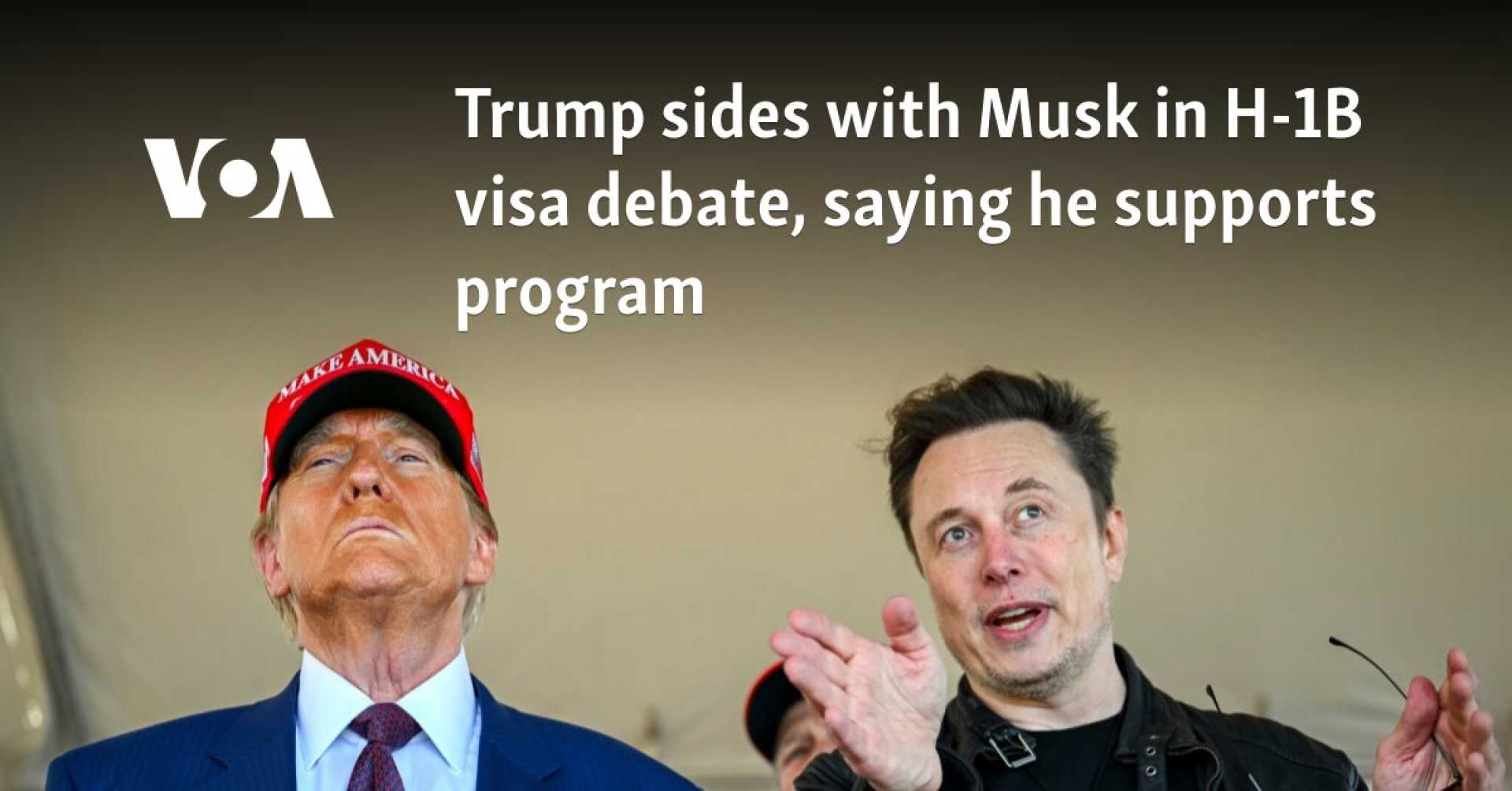Politics
Trump’s H-1B Visa Policy Sparks Debate Among Tech Leaders and Politicians

WASHINGTON, D.C. — The U.S. H-1B visa program, a cornerstone of the nation’s tech industry, has become a flashpoint in political and corporate debates as President-elect Donald Trump prepares to take office. The controversy intensified after Trump appointed Sriram Krishnan, an Indian immigrant and tech executive, as his senior policy advisor on Artificial Intelligence (AI).
Krishnan’s appointment drew immediate backlash from some quarters, including prominent MAGA supporter Laura Loomer, who criticized the decision on social media, labeling Indian immigrants as “third world invaders.” Loomer later apologized for doxxing Krishnan but maintained her stance that the H-1B program harms American workers. Krishnan, who supports simplifying the visa process for skilled foreign workers, has found allies in tech billionaires like Elon Musk and Vivek Ramaswamy, both of whom have defended the program.
The H-1B visa program, established under the Immigration Act of 1990, allows U.S. companies to employ foreign workers in specialized fields. Initially capped at 65,000 visas annually, the program expanded during the dot-com boom and now includes an additional 20,000 slots for advanced degree holders. Between 1990 and 2019, approximately 4.5 million H-1B visas were issued, with 72% of 2023 approvals going to Indian nationals, primarily in computer-related occupations.
Proponents argue that the program is vital for U.S. competitiveness. A 2013 study by economist Giovanni Peri found that H-1B workers boosted wages for native college-educated workers by 7-8% and contributed significantly to productivity growth. More recent research by Harvard Business School Professor William Kerr highlights the role of skilled immigrants in driving U.S. innovation, particularly in emerging technologies.
However, critics, including Vermont Senator Bernie Sanders, argue that the program displaces American workers and depresses wages. Sanders has called the H-1B visa a tool for replacing high-paying jobs with low-wage foreign labor. The debate has also exposed divisions within the tech industry, with some companies accused of exploiting the program for profit rather than innovation.
As the Trump administration prepares to overhaul immigration policies, the future of the H-1B program remains uncertain. Advocates like Krishnan and Musk are pushing for reforms that prioritize individual skills over corporate interests, while opponents demand stricter caps and greater protections for American workers.












